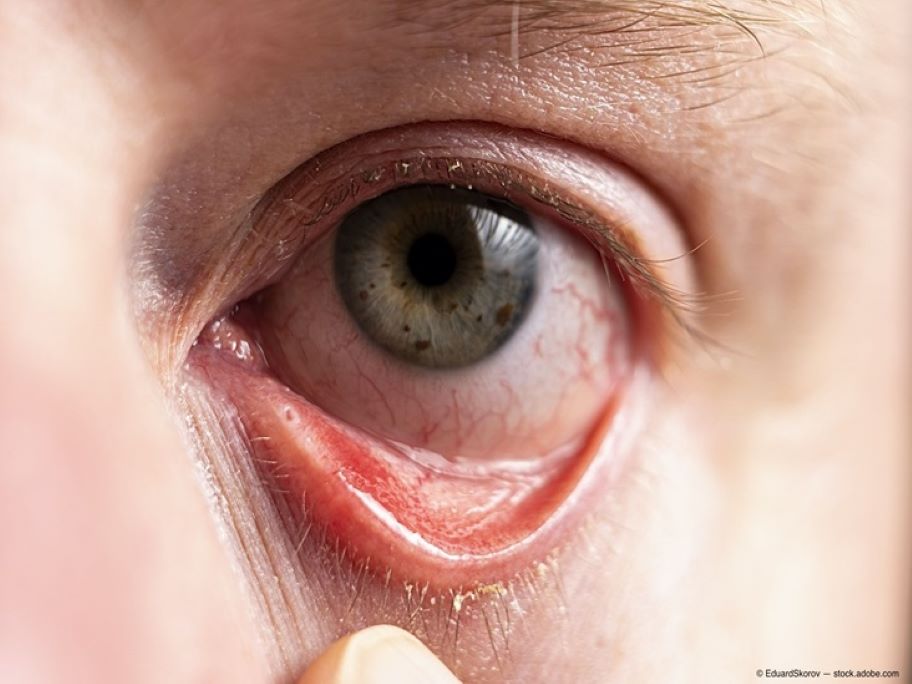Summers in India are not just about sunshine and mangoes—they can also bring discomfort for your eyes. If you’ve been experiencing itchy, red, or watery eyes, especially during these hot, dry months, you may be suffering from Allergic Conjunctivitis.
It’s a condition many people face in the summer, and understanding it can help you find relief quickly.
🌿 What is Allergic Conjunctivitis?
Allergic Conjunctivitis is an inflammatory condition of the eye, where the conjunctiva (the clear layer covering the white part of your eye) reacts to allergens like dust, pollen, or pet dander. It’s a type of eye allergy—not infectious, but highly irritating.
It often affects both eyes and is most common in people who have seasonal allergies or are sensitive to environmental triggers.
☀️ Why is it More Common in Summer?
During summer, several factors contribute to a spike in allergic conjunctivitis cases:
- Pollen from plants, trees, and grass increases
- Dust and pollution levels rise due to dry weather
- Air conditioners and ceiling fans circulate allergens indoors
- Sweating and outdoor exposure irritate the eyes further
- People are more active outdoors, increasing their exposure
All of this makes summer a difficult season for sensitive eyes.
❗ What are the Symptoms?
If you’re experiencing the following, you might be dealing with allergic conjunctivitis:
- Red or bloodshot eyes
- Persistent itching
- Watery discharge or excessive tearing
- Swollen or puffy eyelids
- Burning or gritty sensation
- Increased sensitivity to light
These symptoms often worsen outdoors or in dry, dusty environments.
🔍 Common Triggers
- 🌾 Pollens – from flowering trees and plants
- 💨 Dust particles – especially around construction areas
- 🐶 Pet hair or dander
- 🧴 Cosmetics or sprays used near the eyes
- 🚬 Cigarette smoke or strong perfumes
- 🌫️ Pollution – vehicle smoke, industrial emissions
👁️ How to Protect Your Eyes This Summer
Here are simple yet effective ways to keep your eyes safe:
- Wear UV-protected sunglasses outdoors
- Avoid touching or rubbing your eyes
- Wash your hands and face regularly
- Use cold compresses to reduce irritation
- Keep your indoor environment clean and allergen-free
- Avoid over-the-counter eye drops without a prescription
Pro tip: Replace or clean your AC filters regularly!
🏥 When to See a Doctor?
If symptoms persist for more than 2–3 days, or get worse, don’t delay. While allergic conjunctivitis can be managed, ignoring it may lead to further complications.
👩⚕️ Dr. Rachana Tiwari, Consultant Ophthalmologist at Chetna Multispeciality Hospital, Chinchwad, offers expert evaluation and treatment tailored for seasonal eye allergies. She ensures safe and effective care for both adults and children.













